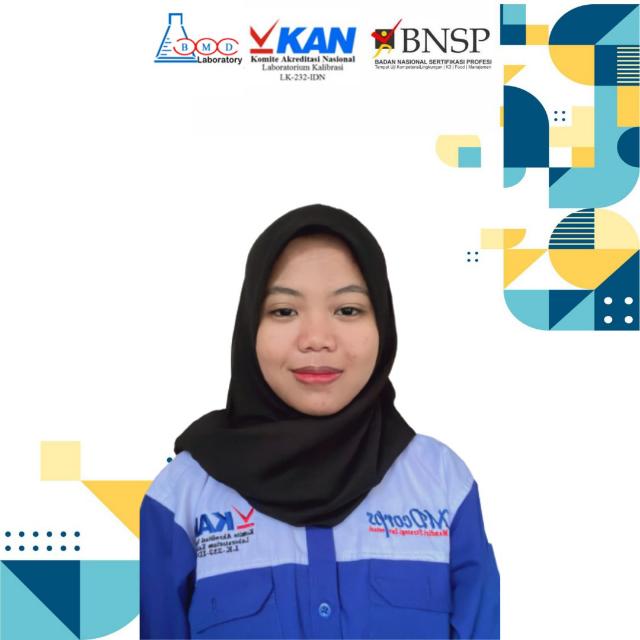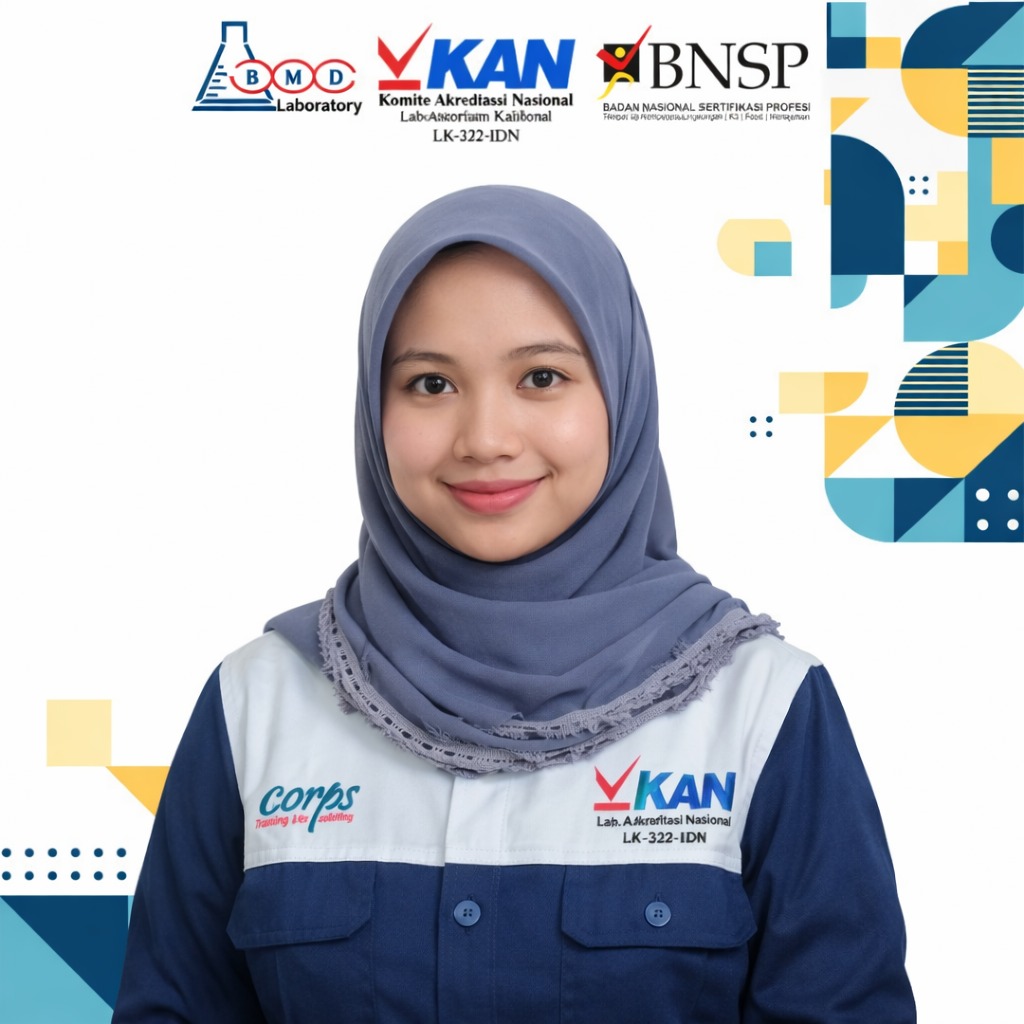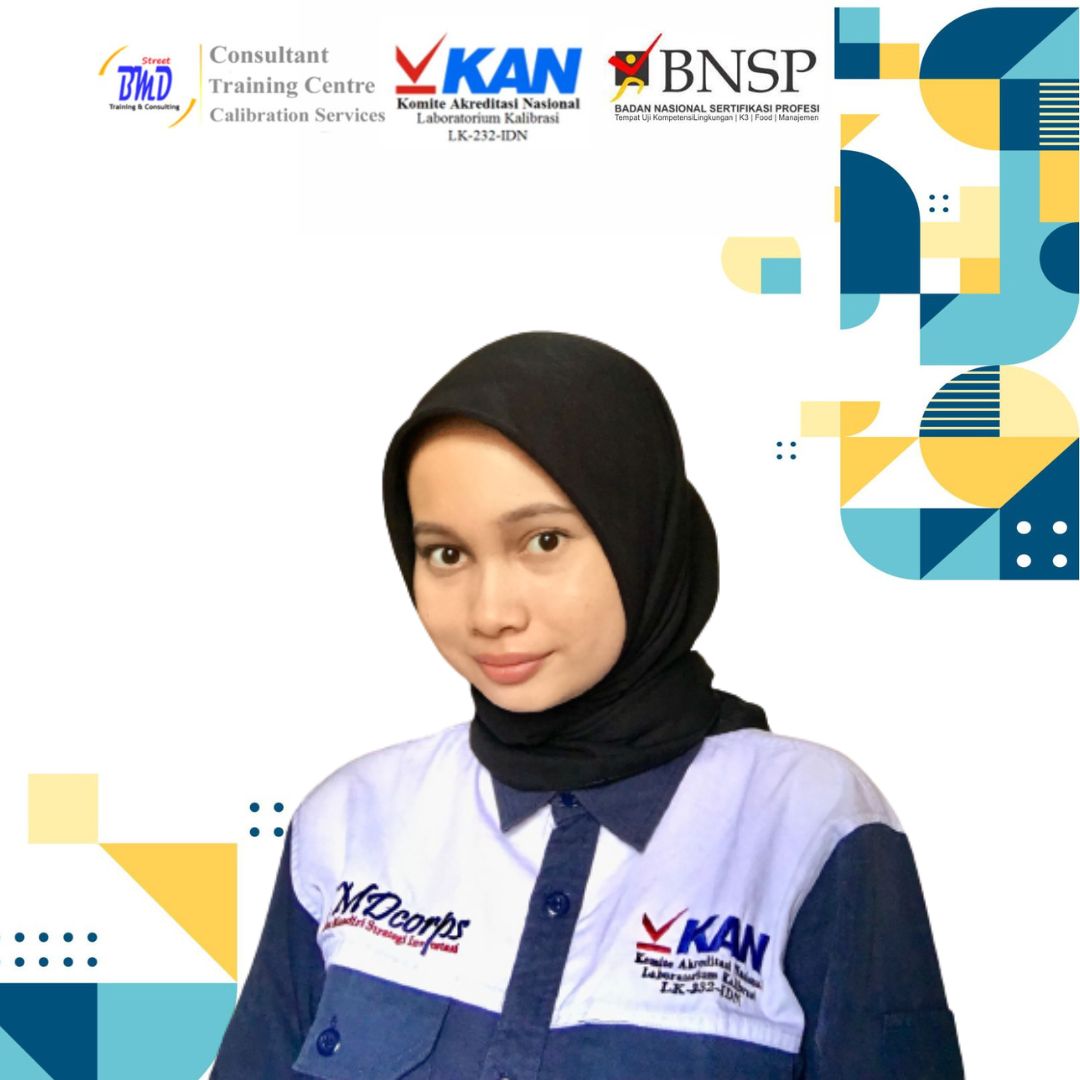INTRODUCTION
Petroleum and Hydrocarbon systems found in petroleum reservoirs are known to display multi-phase behavior over wide ranges of pressure and temperatures. The most important phases which is occur in petroleum reservoirs are : liquid phase (crude oil or condensates) and gas phase (natural gases). This course will explain the fundamentals of petroleum hydrocarbon phase behavior and practical application in petroleum operation of reservoir, drilling-completion, production and processing engineering. Firstly it will reviews the principles of phase behavior and illustrate the use of phase diagram in describing the volumetric behavior of single-component, two-component, and multi-component in petroleum system.
Also it will present numerous graphical correlation for estimating physical and critical properties of the undefined petroleum fraction, evaluation of properties of oil and natural gases. A complete and cohesive independent unit on methods of determining the crude oil physical properties , presents the concept and application of vapor-liquid phase equilibria, developments and advanced in the field of empirical equation of state and application in petroleum engineering.
Properly understanding the reservoir petroleum fluid properties is very significant and are very importance steps during the entire life of the oil and reservoir developments and operations. This three-day training will provide a comprehensive knowledge and understanding of reservoir petroleum fluid properties and application to reservoir and production engineering to keep exellent reservoir and production performance as long as possible, drilling and completion of petroleum reservoir, field processing and pipping system, refinery and petroleum plant processing including notion of petroleum economic.
OBJECTIVES
- Refresh the knowledge of the participants on reservoir petroleum fluid properties.
- Understand the basic principles of hydrocarbon phase behavior and it’s application in petroleum engineering.
- Learn the numerous graphical correlation for estimating physical and critical properties of the undefined petroleum fraction
- Enhance the knowledge on hydrocarbon phase behavior , reservoir fluid properties and application. Drilling-completion of petroleum wells.
- Gain additional knowledge on recent technology in reservoir petroleum fluid properties calculation and correlation, field processing, petroleum refinery and piiping system, including notion of petroleum economics.
- Knowledge sharing among the participants and instructors
FEATURING THE FOLLOWING SUBEJCTS
Basic Phase Behavior
- Single Component Systems
- Two Component Systems
- Multy Component Systems
- Classification of Reservoir and Reservoir Fluids
Pure Component Physical Properties and Characterizing Undefined Petroleum Fraction
- General Correlation for Estimating Physical Properties of Hydrocarbon Fraction
- Critical Compressibility Factors
- Characterizing Hydrocarbon Heavy Fractions
- Determining of Physical Properties of Heavy Petroleum Fraction from Correlation
Properties of Natural Gases
- Behavior of Ideal Gases
- Ideal Gas Mixtures
- Properties of Ideal Gas Mixtures
- Behavior of Real Gases
- Effect of Non Hydrocarbon Components on the Z-Factor
- Correction for Non Hydrocarbons
- Correction for High-Molecular-Weight Gases
- Direct Calculation of Compressibilty Factors
- Compressibility of Natural Gases
- Gas Formation Volume Factor
- Gas Viscosity
- Engineering Application of natural gases PVT Properties
Rotary Drilling Operations
- Steps to drilling a well
- Types of rigs
- Rig Components
- Rig Systems
Rheology of Drilling and Completion Fluids
- Equations and Inflow Performance RelationshipFunctions of Drilling/Completion
- Fluids
- Fluid Types,
- Fluid Models
- Introduction to Rotary Viscometer
- Objectives of Monitoring Fluids
Mud System
- General Equations and ConceptsDiagnostic tests
- Water based muds
- Oil based muds
- Additives
- Mud handling system
Cementing
- Functions of cement
- Cement Types
- Cement Additives
Oil Field Tubulars and Hydraulics
- Drill string
- Casing and tubing
- Casing classification
- Stresses on casing
- Casing setting depth
- Burst and collapse calculation
- Wellheads
Drilling System-Pressure Calculation
- Hydrostatics
- Buoyancy
- Flow through pipes and annuli
- Flow path
- Pressure loss calculations
Drilling Sytem Bit and Nozzles
- Hydrostatics Bit Types
- Bit Parts
- Bit Classification
- Bit Nozzles
Introduction to Well Control
- Hydrostatics Definitions
- Causes of kicks
- Kick indicators
- Shut-in procedure
- Well Kill Procedures
Directional Drilling
- Reasons for directional wells
- Planning Trajectory
- Kickoff Methods
- Survey Methods
Well Completion
- Completion Type
- Downhole Equipments
- Cement Additives
- Completion for Artificial Lift
Well Logging
- SP and Gamma Ray Log
- Neutron, Density and Sonic Log
- Resistivity Log
- Log Interpretation
Reservoir Engineering
- Reserve Calculation
- Decline Corve Analysis
- Material Balance
- Reservoir Numerical Simulation
Production Engineering
- Fluid Flow Through Porous Media
- Vertical Lift Performance
- Flow Lines Performance
- Field Facilities
Refinery
- Destilling
- Hydrotreating
- Hazardous Material
- Refinery Schematic
Basic Petroleum Economics
- Time Value of Money
- Payout Time
- Net Present Value
- Rate of Return
DURATION
3 Day
FASILITY
Certificates, training modules, training kit, Lunch, Coffe break, training conducted in star
INFORMATION & PROMO
Call : 021 756 3091
Fax : 021 756 3291
CONTACT PERSON
0813 8280 7230, 0812 8931 1641, 0821 3874 5980
Email: [email protected]
Website: https://bmdstreet.co.id
Schedule Training Petroleum and Petroleum Operation year 2025:
- 05-07 November 2025 Yogyakarta
- 03-05 Desember 2025 Jakarta
Schedule Training Petroleum and Petroleum Operation year 2026:
- 12-14 Januari 2026 Jakarta
- 09-11 Februari 2026 Yogyakarta
- 09-11 Maret 2026 Bandung
- 13-15 April 2026 Medan
- 11-13 Mei 2026 Bogor
- 08-10 Juni 2026 Bali
- 06-08 Juli 2026 Jakarta
- 10-12 Agustus 2026 Yogyakarta
- 07-09 September 2026 Bandung
- 12-14 Oktober 2026 Surabaya
- 09-11 November 2026 Bogor
- 07-09 Desember 2026 Malang
Investation (Not Include Hotel Acomodation) :
- Rp. 12.000.000,-/peserta (Jakarta) (Harga belum termasuk pajak dan promo)
- Rp. 12.000.000-/peserta (Bandung) (Harga belum termasuk pajak dan promo)
- Rp. 13.100.000,-/peserta (Yogyakarta) (Harga belum termasuk pajak dan promo)
- Rp. 15.300.000,-/peserta (Bali) (Harga belum termasuk pajak dan promo)
- Rp. 16.100.000,-/peserta (Lombok) (Harga belum termasuk pajak dan promo)
- US$ 4780/peserta (Malaysia) (Harga belum termasuk pajak dan promo)
Available on request for time, place and facilities call us for more information








